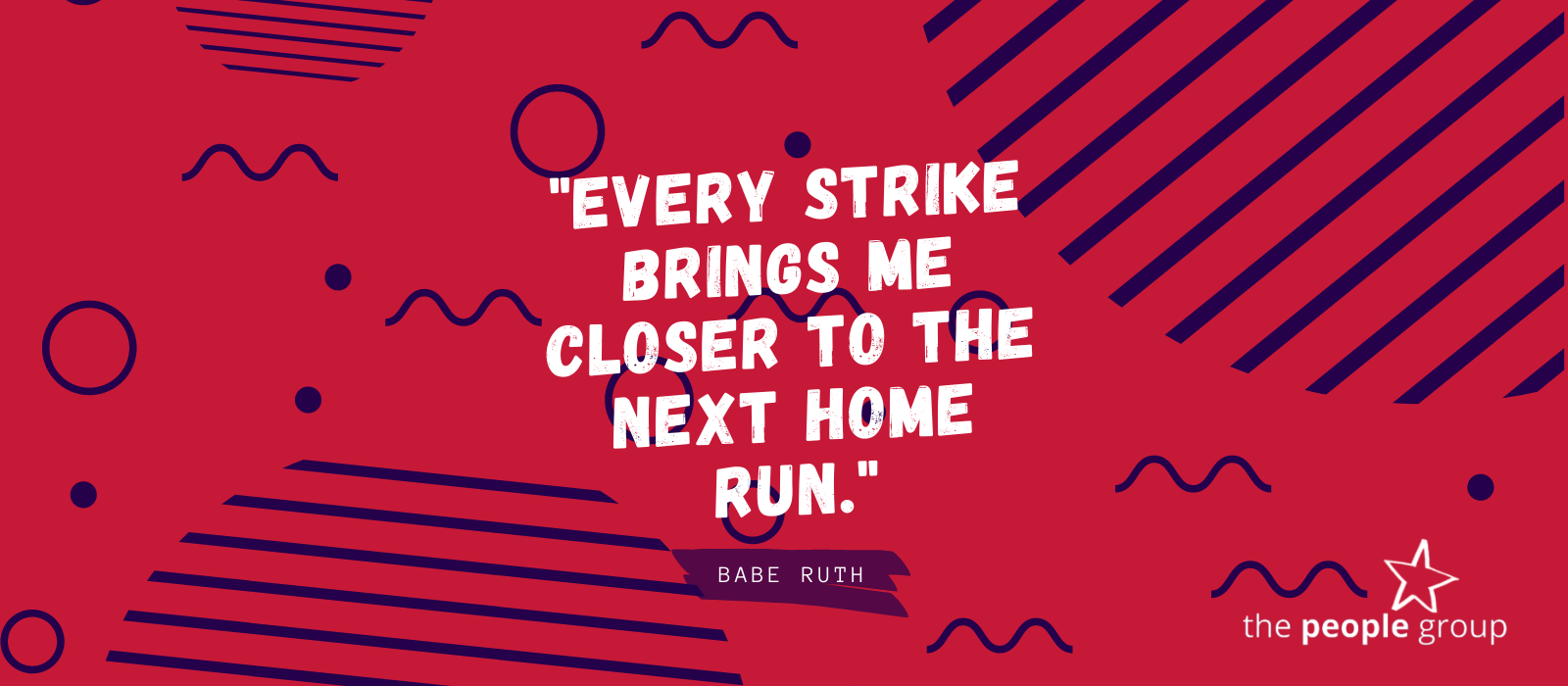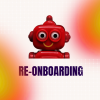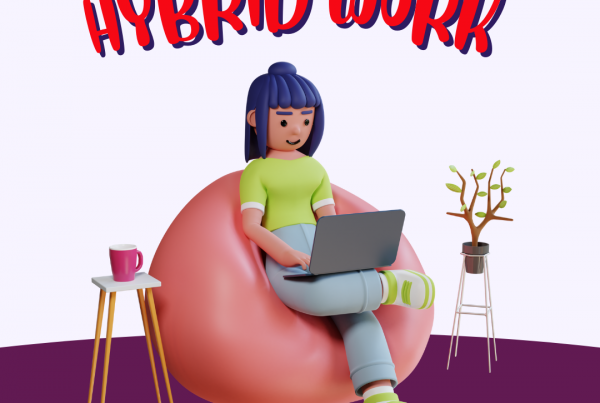How to Handle Rejection After a Job Interview
In the wise words of Babe Ruth “Every strike brings me closer to the next home run.”
No one likes to be overlooked or rejected after a job interview. As we move forward with our career plans for 2022, one of the areas that we need to build resilience around is how to handle rejection after a job interview.
You may have been well prepared for the interview and felt that it went very positively, yet the final outcome was far from what you were expecting. This, of course, can be frustrating.
It is important to remember that the way you handle rejection is just as important as the skills on your CV when it comes to securing a new role. If you allow rejection to knock your confidence and make you doubt your abilities, it could negatively affect your performance in future interviews.
Here are a few things to remember that will help you turn that rejection into progression:
It’s not just you!
Remember every interview you do there could be any number of other candidates going for the job too. Accept that job interviews are a competitive process.
Rejection is not feedback, so ask for feedback.
It’s not common for interviewers and HR managers to give you feedback on your application and interview. Most of the time, you need to ask for it. And you should. A simple email thanking them for the meeting (even after being rejected) can be your way to ask them for feedback.
Here’s what you do and not to do with the feedback you receive:
- Do use the feedback to improve on things you can improve.
- Avoid using the feedback to feed more negative thoughts which create self-doubt and fear.
- Do use the feedback to look at other areas of development and improvement.
Learn from it.
- Accept that the interview is an opportunity to learn more about yourself, your skillset and how you communicate under pressure.
- View the interview as a learning experience. Even if you did get rejected, what did you learn from the experience? Jot down what you felt went well and where you felt you could improve.
- Utilise your feedback. Now you know what to improve on. You can now use this to upskill so that you’re better armed for the next interview.
- Reflect on your strengths and weaknesses and use them for personal development.
At the end of the day, it is important to acknowledge that you were good enough to get to the interview, while the majority of candidates didn’t. Don’t be so hard on yourself, celebrate the small wins!
Feel free to contact us to discuss any of your hiring needs.








